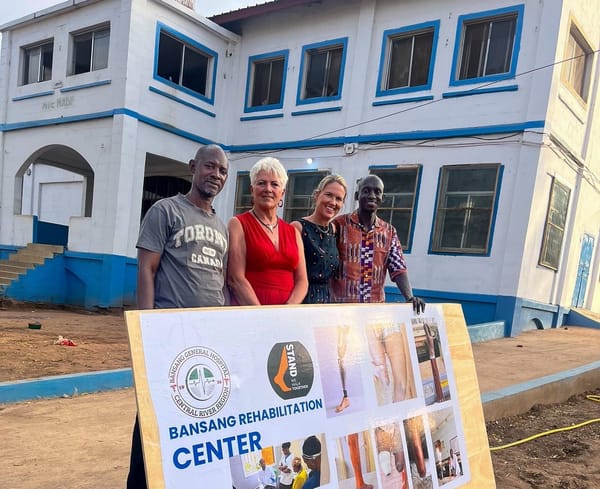New Trial Empowers Women to Choose how to Deliver Big Babies

By Health Correspondent
Published in The Lancet, the Big Baby Trial—led by University Hospitals Coventry and Warwickshire (UHCW) NHS Trust, the University of Warwick, and the Perinatal Institute—offers vital new evidence to help women decide how to safely deliver babies suspected to be large for their age.
Large babies are at increased risk of shoulder dystocia, where the shoulder becomes stuck during birth.
Previously, there was uncertainty around whether earlier delivery helped. However, this trial—funded by the NIHR and sponsored by UHCW—found that inducing labour 7–10 days early significantly reduced this risk, lowered the need for emergency Caesarean sections, and did not increase maternal tearing.
The study, the largest of its kind, was led by Professor Siobhan Quenby MBE (Warwick Medical School/UHCW) and Professor Jason Gardosi MBE (Perinatal Institute).
It included 2,893 women across 106 UK hospitals between June 2018 and October 2022—more than double the size of all previous studies combined.
Professor Quenby said: “I’m delighted this trial provides data that empowers women to choose how and when they want to give birth.”
In the UK, screening for large babies is standard practice, as they can be at higher risk for complications such as fractures, nerve damage, or brain injury. Fortunately, these outcomes were rare in the trial, thanks to skilled maternity care.
Eve Morgan, a participant, shared her experience: “I was diagnosed with gestational diabetes and joined the study for extra monitoring. I didn’t want hormone induction but was open to a 'stretch and sweep,' which successfully triggered labour. I gave birth to Magnus in a water bath.”
The findings support three evidence-based birth plan options for women with large babies:
- Waiting for natural labour in a well-staffed maternity unit
- Electing for a planned Caesarean
- Inducing labour at 38 weeks to reduce shoulder dystocia risk without increasing Caesarean or tearing risk
Nadine Montgomery, whose birth 25 years ago was complicated by shoulder dystocia, welcomed the findings: “We finally have pivotal evidence to help women make informed choices. This will lead to safer outcomes for mothers and babies.”
Professor Gardosi added: “Thanks to the many women who participated, we now have solid evidence to guide care for big babies.”
Katie Morris, NIHR Clinical Lead for Reproductive Health, said: “These world-leading results provide crucial insights to help ensure safer births and informed decisions.”





